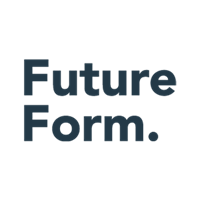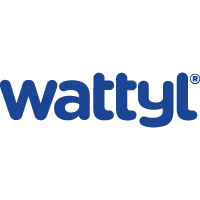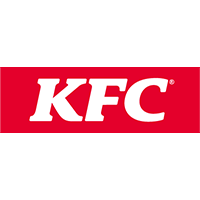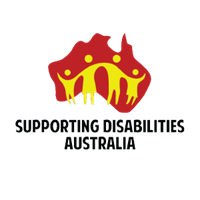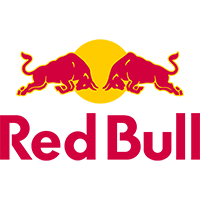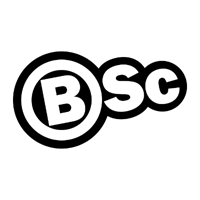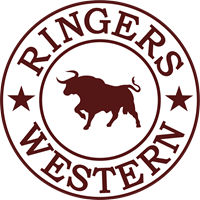It looks like you may be using adblocking software to view this site.
Many features on the site, such as video playback, may not work properly when using adblocking software.
Please whitelist our domain or disable your adblocker to access all features and videos.
It will be eerie, ghostly and costly but playing games behind closed doors from next weekend is the right thing for the NRL to do.
While the financial impact for clubs and the game will be massive, it is hoped that by taking action now major events such as Magic Round, State of Origin and the NRL finals series will be unaffected.
If Telstra Premiership matches are postponed each club has two bye rounds that could be utilised.
The COVID-19 pandemic is unprecedented and other sporting codes around the globe have been forced to act, with crowds locked out of the NBA finals series and English Premier League matches for the remainder of the season.
In Australia, the government’s strategy is to try and contain the spread of the virus by limiting public gatherings to 500 people.
Estimates for the total cost to the game range from $10 million to more than $50 million but the toll on the nation’s economy and health system would be much more severe if drastic action wasn’t taken now.
The aim is to limit the number of people contracting COVID-19 so that hospitals and health workers aren’t overwhelmed and have the capacity to deal with those who develop symptoms ahead of the predicted peak in mid-winter.
It is unclear how long NRL clubs will be forced to play without crowds in attendance but round three features what are usually the biggest home matches of the season for South Sydney, against Sydney Roosters, and Gold Coast, against Brisbane.
It looks like you may be using adblocking software to view this site.
Many features on the site, such as video playback, may not work properly when using adblocking software.
Please whitelist our domain or disable your adblocker to access all features and videos.
NRL coaches discuss potential Coronavirus impact on the game
The Broncos match against the Rabbitohs at Suncorp Stadium next Friday night would have been expected to draw more than 30,000 fans, while the Bulldogs, Dragons, Warriors, Roosters, Sharks, Titans and Wests Tigers also have home games.
However, it could be a case of short-term pain for long-term gain.
“The good part about State of Origin is that it doesn't start for a couple of months,” NRL CEO Todd Greenberg said. “If we make changes now we might get the benefit of that in a month's time.”
There is a possibility that fans could be allowed back into stadiums in several weeks and another ban introduced later in the season as the pandemic reaches its peak.
A phone hook-up of club CEOs after Prime Minister Scott Morrison’s announcement on Friday afternoon discussed financial compensation, logistics around travel for teams – particularly the Warriors – and measures to protect the health of players.
“It's going to have significant financial impact on all 16 clubs and the game,” NRL CEO Todd Greenberg said. “If they're in financial difficulty we'll keep them afloat. We'll get through this together.”
NRL clubs had reported receiving calls from members seeking refunds on their season tickets before Friday’s announcement of games in closed stadiums.
It is expected that sponsors will remain loyal as the matches are televised but clubs still need to pay for the hiring venues and associated costs.
Some fear the decision to play games without crowds will be a financial disaster for the code and push clubs to the verge of bankruptcy
ARLC chairman Peter V’landys oversaw Racing NSW’s handling of the equine influenza crisis in 2007, including a $235 million rescue package for the industry and he has spoken about the need for the NRL to have a future fund.
Despite the impact the lock-out will have on their bottom line, club bosses accept the need for action to be taken now rather than wait for the pandemic to get worse.
“It will be a disaster for us and for everyone involved but it’s out of our control and we need to do what is best for the public,” one CEO said.
The views in this article do not necessarily express the opinions of the NRL, ARLC, NRL clubs or state associations.




